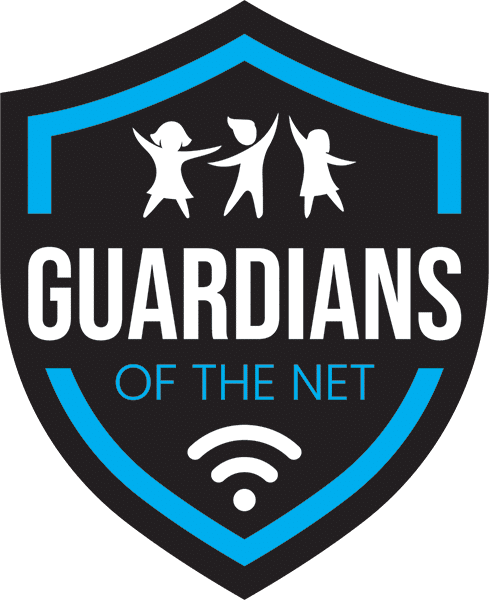5 Hidden Messaging Apps Your Child Might Be Using
5 Hidden Messaging Apps Your Child Might Be Using
The way children communicate nowadays is vastly different from when we were young. For many youths, social media and texting serve as the primary means of connecting with friends and classmates. While this isn’t necessarily a negative development, the ability for kids to engage in unsupervised communication through secret messaging apps can lead to various troubles.
To assist parents, we have compiled a list of the top 5 influential players in the realm of social media for secret messaging apps. We will delve into the nature of each app and the potential risks they pose to teenagers and pre-teens.
It remains crucial to engage in conversations with your children about practicing safe internet usage, regardless of whether they use the specific apps we have mentioned. Kids can find themselves in precarious situations on numerous different platforms, and the apps listed here are just a few of the most popular ones.
Most Popular Secret Messaging Apps
Snapchat
Snapchat consistently ranks as one of the most popular — and risky — messaging apps. Its disappearing messages feature is a major concern for parents. Kids can send texts, images, and videos that vanish after 24 hours, leading them to believe there are no consequences for sharing inappropriate or harmful content. However, all this content can easily be saved and distributed. Moreover, Snapchat poses an additional danger as drug dealers exploit the app to target kids. Connecting with strangers on Snapchat is alarmingly simple, making it highly dangerous.
Discord
Discord is a close competitor to Snapchat, particularly in the gaming world where it reigns as the most popular messaging app. With different “servers” to join, some private and others open to the public, the risk level depends on how kids use it. While communication with friends and family is relatively safe, there is a significant risk of children engaging with complete strangers, leading to grooming and sharing inappropriate content.
Wizz
Imagine a dating app for kids. Sounds safe, right? Absolutely not! That’s essentially what the Wizz app is. Although it doesn’t market itself as a dating app for kids, it claims to facilitate making friends online. Users can swipe through profiles from around the world and initiate conversations. However, kids quickly turned it into a dating app, making them susceptible to encountering inappropriate content or chatting with online predators. We strongly advise against allowing kids to use this app.
Google Docs
Surprisingly, Google Docs has become a platform for kids to exchange secret messages. Collaborative document sharing allows users to work together on projects. Kids have used this feature to write messages in shared documents and quickly delete them, leaving no trace. Unfortunately, this has led to instances of cyberbullying in schools. It’s effortless to share a document with an entire class or even the entire school, exposing everyone to revealing or harassing content.
Kik
Similar to Discord, Kik offers a platform for kids to chat with friends or join public group chats with strangers. This app prioritizes anonymity, making it easy for individuals to pretend to be someone they’re not. Kids can encounter predation, inappropriate content, and cyberbullying on Kik. The lack of parental controls further increases the likelihood of children experiencing these negative situations.
